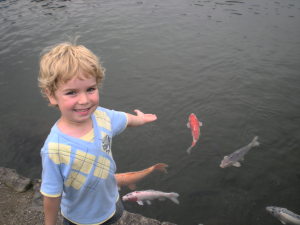My mom’s dad was stationed in Okinawa during the Korean War in the 1950s. Although he never saw combat, he did see rice. When he returned from Japan after the war, he swore it off completely, exercising his power of choice as a civilian. As far as I know, he went to his death without eating another grain.
My mom’s mom honored his aversion. Recently she told me that she’d made him dinner when they were first dating: a dish that included rice. He hemmed and hawed and ultimately didn’t eat it. Only later, he told her the backstory. During their marriage, she never served rice when he was home. Sometimes, however, she would prepare it when he wasn’t. My mom doesn’t remember eating rice as a special occasion or a treat, but she remembers liking it.
My earliest memories are of eating white rice, my favorite–a foreshadowing of a palate that leans hard toward taste over health. It was only later that my mom switched to brown rice, for the higher fiber content (although she sometimes added Benefiber to white rice, which never bothered me). I knew the brown rice was supposed to be healthier, but to me it wasn’t really rice. I can’t help thinking that if my Poppa hadn’t been completely against rice, he would have agreed with me. He was never one to choose a healthy option over a more delicious one. That may have been part of what killed him at 56, before any of us were ready to say goodbye.
***
At nineteen, I signed up to take a trip to South Korea with my Tae Kwon Do school. I was months away from testing for my black belt, and I was eager to see the birthplace of my beloved martial art.
Almost immediately, I fell in love with the country. Although with my blonde hair and fair skin I looked like exactly no one who lived there, I felt completely at home. Every new experience filled me with delight. One of the first things we did when we arrived was eat. We really never stopped for long.
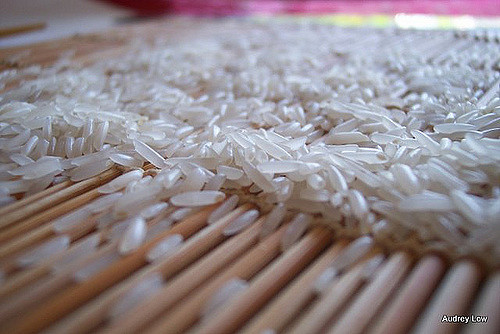 I had grown up eating three distinct meals every day, with breakfast containing different foods than lunch or dinner. This wasn’t always true in Korea.
I had grown up eating three distinct meals every day, with breakfast containing different foods than lunch or dinner. This wasn’t always true in Korea.
My body plunged headfirst into culture shock, as I sunk my teeth into bulgogi (the most delicious Korean barbecue). At bulgogi restaurants, we would sit in groups at long tables with small domed metal grills in their centers, spaced every few feet from each other. Our server would bring us containers of marinated meats and vegetables, and we would cook them ourselves on the nearest grills. When we got close to meal times, my ears would prick up, hoping that someone would say that we were going for bulgogi again.
Another favorite for me was the classic meal-in-a-bowl, bibimbap. At one of the restaurants, our host told us that the concept is credited to members of the Mongolian army, who would put all of their leftover food into their helmets to eat like liquidless soup. Later, I discovered that this is only one of the many legends that surround this chameleon of a food. It looks different depending on where you are in the country, the time of year, the whim of the chef. If you’re making it at home, it’s a kitchen sink meal, lending itself easily to using up whatever you might have on hand. In a restaurant, it’s a little more uniform: a bowl of rice topped with veggies and (sometimes) cooked meat, with a variety of ingredients which were deliciously mysterious to me. It’s served very hot, sometimes in a heated stone bowl called a dolsot, which continues to cook the contents throughout the meal. At the last moment before serving, an egg is usually cracked over the top, the heat of the other ingredients quickly cooking it. I would mix the egg into my bowl with delight and then squeeze large dollops of spicy red pepper paste in, swirling my chopsticks to get a consistent flavor.
And at every meal, without fail, we ate rice. I loved it.
I wonder, now, if I was trying to memorize the taste of Korea. I knew I couldn’t stay, that I would need to return to a land where rice was a side dish, not the undergirding of everything I ate. I could make rice at home. I could use my tongue to transport me back to Korea.
***
It no longer surprises me when I discover that my Poppa and I share similar tastes. It’s hard to know if it is because my mother missed him and cooked his favorites for me as a child. The ways of food and family are mysterious. I’m sure that there are other ways that we differ, but I know this one well, and I think about it every time I turn on my rice maker, or order a risotto, or take a virtual journey back to Korea, where I was overwhelmed with a sense of belonging.
For my Poppa, rice was also a portal to another place, but it was one that he wanted to remain closed forever. For me, the idea of Mongolian soldiers eating out of their helmets adds color and context to a delicious dish. But I have never been a soldier. I have never worn a helmet for long hours in the heat, knowing that I would have no control over how I broke my fast at each meal, far away from home. For a long while, I wondered if my love for rice was disloyal to him. Even though he never held others to his standard, now I think he might like the fact that I think of him as I reach for a piece of sushi or add coconut to my rice. Our connection continues to be strong, our opposite tastes providing an ironic but significant bond.

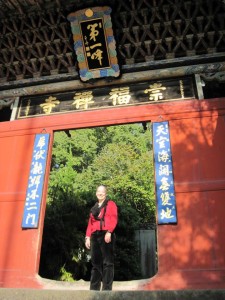
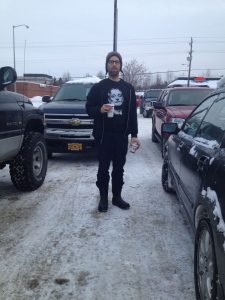
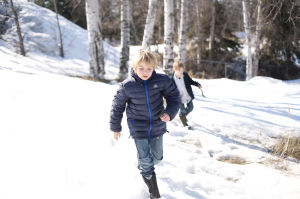
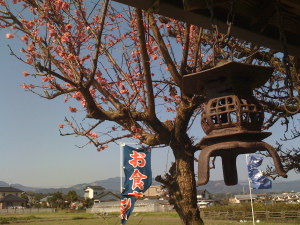
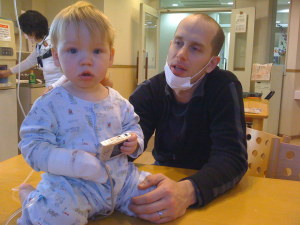
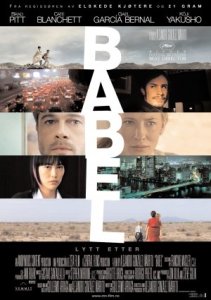
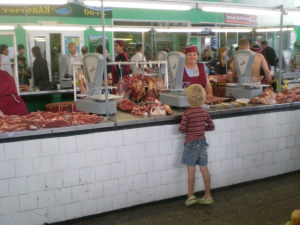 I’ve drifted through a Russian village meat market and stood slack-jawed watching a toothless man butchering a pig – cigarette dangling from his mouth, no shirt or gloves – in a way that would no doubt cause reps from both OSHA and the FDA to collapse from aneurysms. I’ve lived five miles deep in the woods of New Hampshire without running water all winter. Stood thigh-high in steaming piles of horse manure twenty-one miles up a mountain in Oregon, holding only a shovel and longing for nothing more than to finish the job and return to my wood-heated cabin and books a stone’s throw away.
I’ve drifted through a Russian village meat market and stood slack-jawed watching a toothless man butchering a pig – cigarette dangling from his mouth, no shirt or gloves – in a way that would no doubt cause reps from both OSHA and the FDA to collapse from aneurysms. I’ve lived five miles deep in the woods of New Hampshire without running water all winter. Stood thigh-high in steaming piles of horse manure twenty-one miles up a mountain in Oregon, holding only a shovel and longing for nothing more than to finish the job and return to my wood-heated cabin and books a stone’s throw away.